Exploring Decentraland: A Review of the Virtual World Built on Ethereum
Publikováno: 27.7.2020
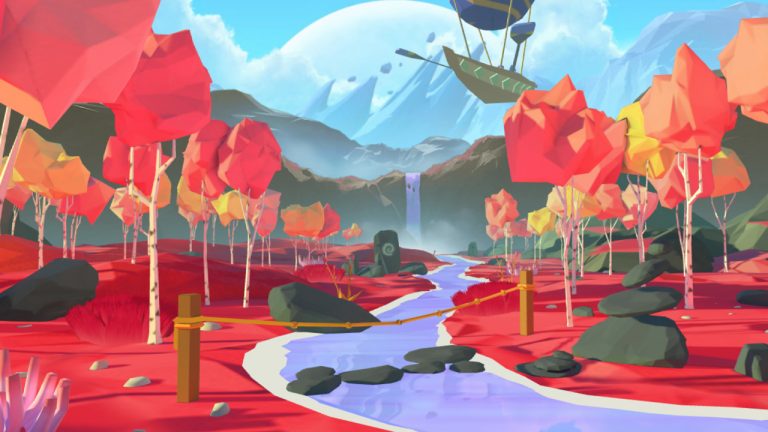 During the last two weeks, I’ve been roaming around the virtual world Decentraland in order to get some perspective on the platform supported by the Ethereum Blockchain. The following is a review of my experience in Decentraland and observing all that has been built since it was invoked over four years ago. Four years ago, […]
During the last two weeks, I’ve been roaming around the virtual world Decentraland in order to get some perspective on the platform supported by the Ethereum Blockchain. The following is a review of my experience in Decentraland and observing all that has been built since it was invoked over four years ago. Four years ago, […]
The post Exploring Decentraland: A Review of the Virtual World Built on Ethereum appeared first on Bitcoin News.

During the last two weeks, I’ve been roaming around the virtual world Decentraland in order to get some perspective on the platform supported by the Ethereum Blockchain. The following is a review of my experience in Decentraland and observing all that has been built since it was invoked over four years ago.
Four years ago, the platform Decentraland stemmed from a proof-of-concept that assigned ownership of digital real estate in an infinite 2D grid. When the creators did this, it was originally dubbed the “Stone Age of the Decentralized.” The team behind Decentraland then finished crafting a 3D virtual world divided into plots called the “Bronze Age” at the end of 2016. Fast forward to 2020, and Decentraland, the metaverse built on Ethereum is massive.

Essentially, the world is a blockchain fueled virtual reality platform and users can explore, create, play games, collect wearables, monetize creation, leverage land plots, and 3D building techniques. After the “Bronze Age,” Decentraland moved into the “Iron Age” which involves the ability to interact with the virtual world in various ways and leverage the native cryptocurrency MANA to process payments.
I’ve known about Decentraland for a while now, and just recently decided to explore the metaverse during the last two weeks. I decided to write a review on the platform in order to give news.Bitcoin.com readers some perspective on this fascinating land and the best way to experience the platform. In order to leverage Decentraland, you need a wallet that interacts with ETH-based decentralized applications (dapps). I leveraged the Metamask wallet with the Chrome browser and fired up a new ETH account.

In addition to writing the review and exploring Decentraland, I also involved my two sons Joshua and Franklin. I wanted to get opinions from people who are much younger than me in order to see how they liked the platform. After creating a new Metamask-based ETH address, I simply went over to the website Decentraland.org.
The first thing my sons and I did was head over to the Avatar section and we created my Avatar or how I look when I am traveling the virtual world. Choosing the look is similar to a number of Avatar creators people are used to like Nintendo’s Miis and other programs.
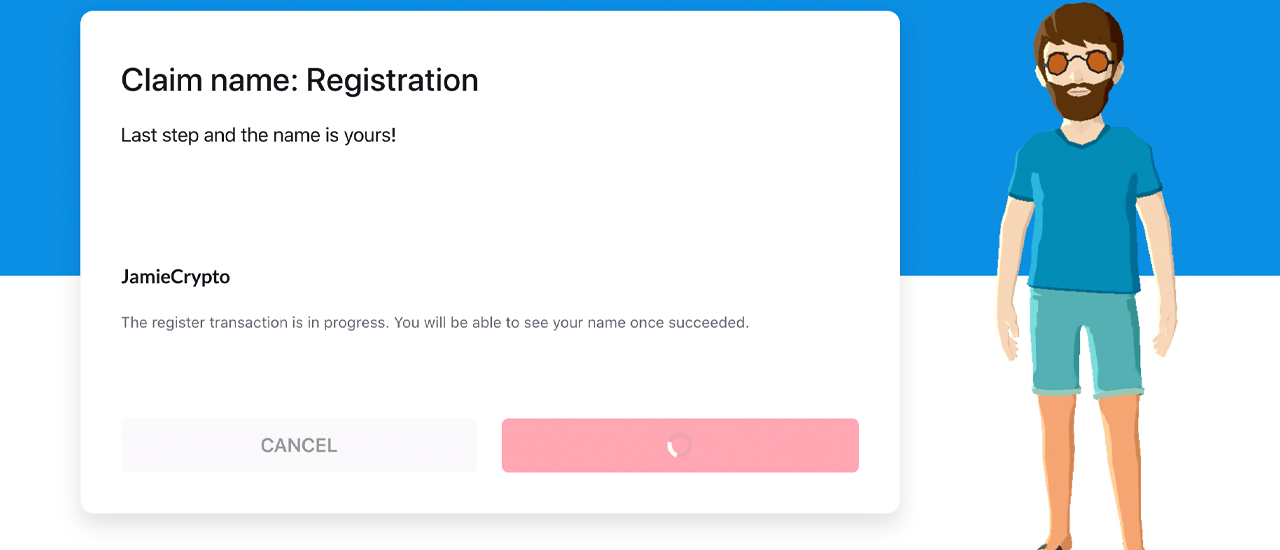
After customizing your look, the program asks you if you want to grab your “Passport” to manage your digital identity. Meaning, anyone can pay 100 MANA (Decentraland’s ERC20 token) in order to obtain a custom name. Now after you customize your Avatar, you do not need to pay 100 MANA or register right away or at all.
You can also simply explore Decentraland as a guest. My sons decided that I should choose a name and I chose “Jamiecrypto” for my Decentraland Passport name. You can grab MANA by simply swapping ETH for Decentraland’s native currency using the Metamask wallet’s swapping feature.
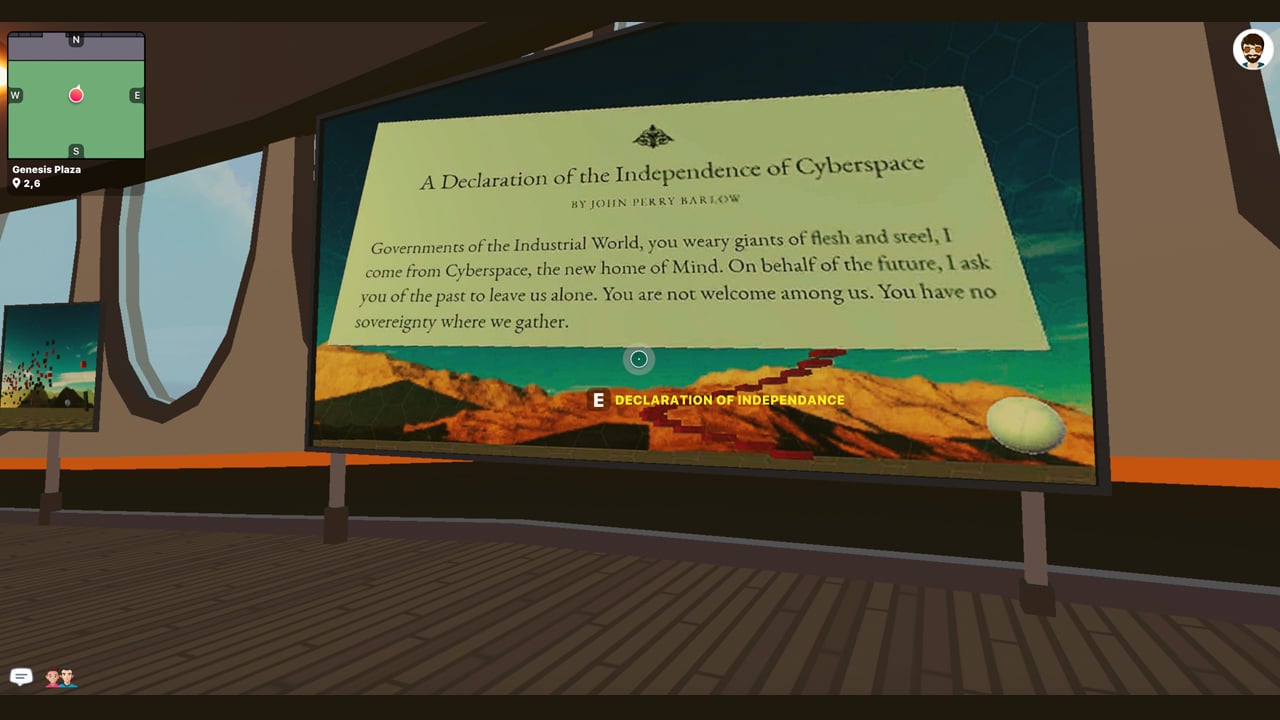
The name “Jamiecrypto” was available, and I opened up a contract in order to obtain the name. However, because gas is so expensive right now I waited two solid days to finally get fed up, and pay $4.50 in gas to push the contract settlement. Ethereum’s fees are problematic right now and the issue will make Decentraland less fluid if the chain does not scale. Understanding this issue, I didn’t care too much and moved on, but this will definitely deter users from exploring Decentraland to its fullest extent.
After pressing “start exploring” at the Decentraland.org website it connected with my Metamask account and I entered the “Genesis Plaza” This area is like a introductory zone that has a number of cool buildings and a robot that gives you an explanation of Decentraland and what you can do.
After listening to the welcome robot, my sons told me to start roaming around and I did but I was leveraging a Macbook Pro with the built-in trackpad. Using a trackpad is slow and not the best accessory to use while you explore Decentraland.
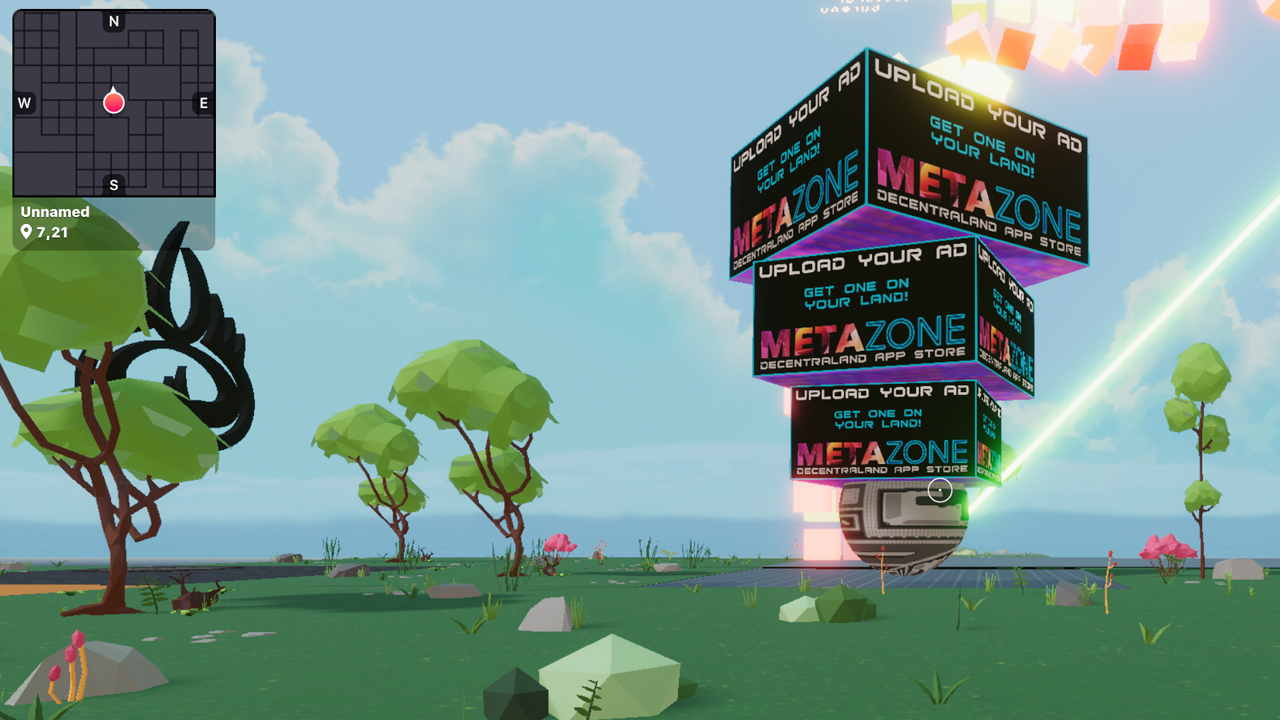
My son Joshua who is used to playing virtual world games like Roblox, told me we should hook up a mouse in order to move around. After hooking up a mouse, it was much easier to move around Decentraland and users can also press “/help” in order to learn the control mechanisms.
We all decided that I should roam around the “Genesis Plaza” and my sons wanted to explore the big brown building that resembles a shoe. This building is like a history museum of Decentraland and artifacts explain how it was built, how the governance system (DAO) works, and some of the hosted activities that take place in the virtual world.
The three of us stopped for a minute to observe a poster of a John Perry Barlow’s “Declaration of the Independence of Cyberspace” and my oldest son Joshua read the paragraph which says:
Governments of the Industrial World, you weary giants of flesh and steel, I come from Cyberspace, the new home of Mind. On behalf of the future, I ask you of the past to leave us alone. You are not welcome among us. You have no sovereignty where we gather.
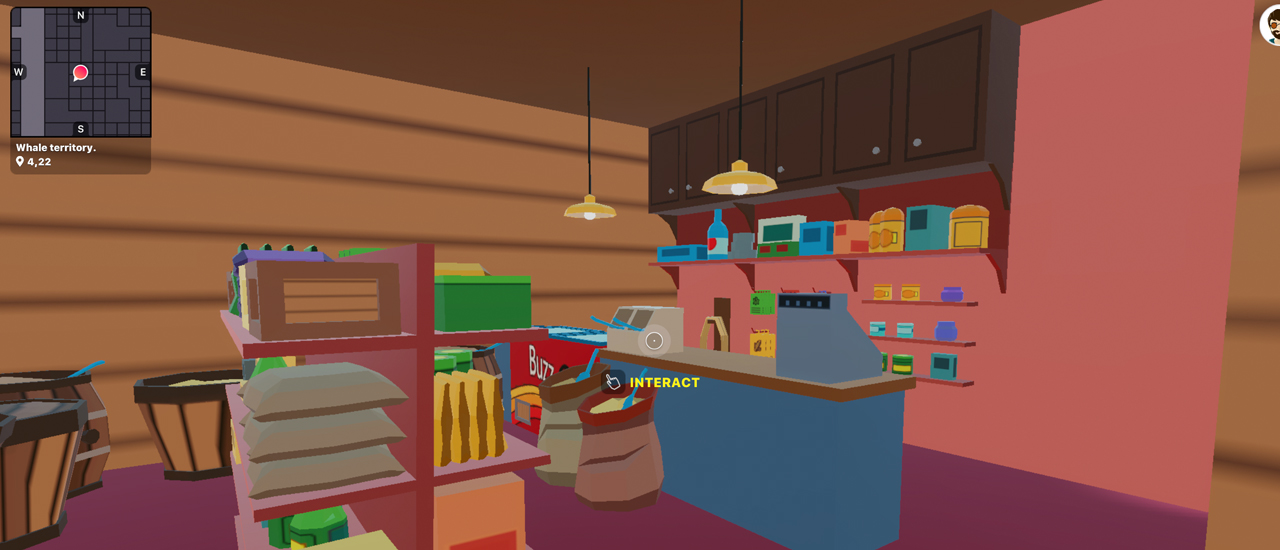
Decentraland has all kinds of artwork, buildings, and unique things, and the “Genesis Plaza” is one small aspect of this world. While exploring the plaza, we saw mountainous terrain that looked like a volcano and the “NFT Hallway,” which displays a number of non-fungible tokens (collectibles, artwork, wearables.)
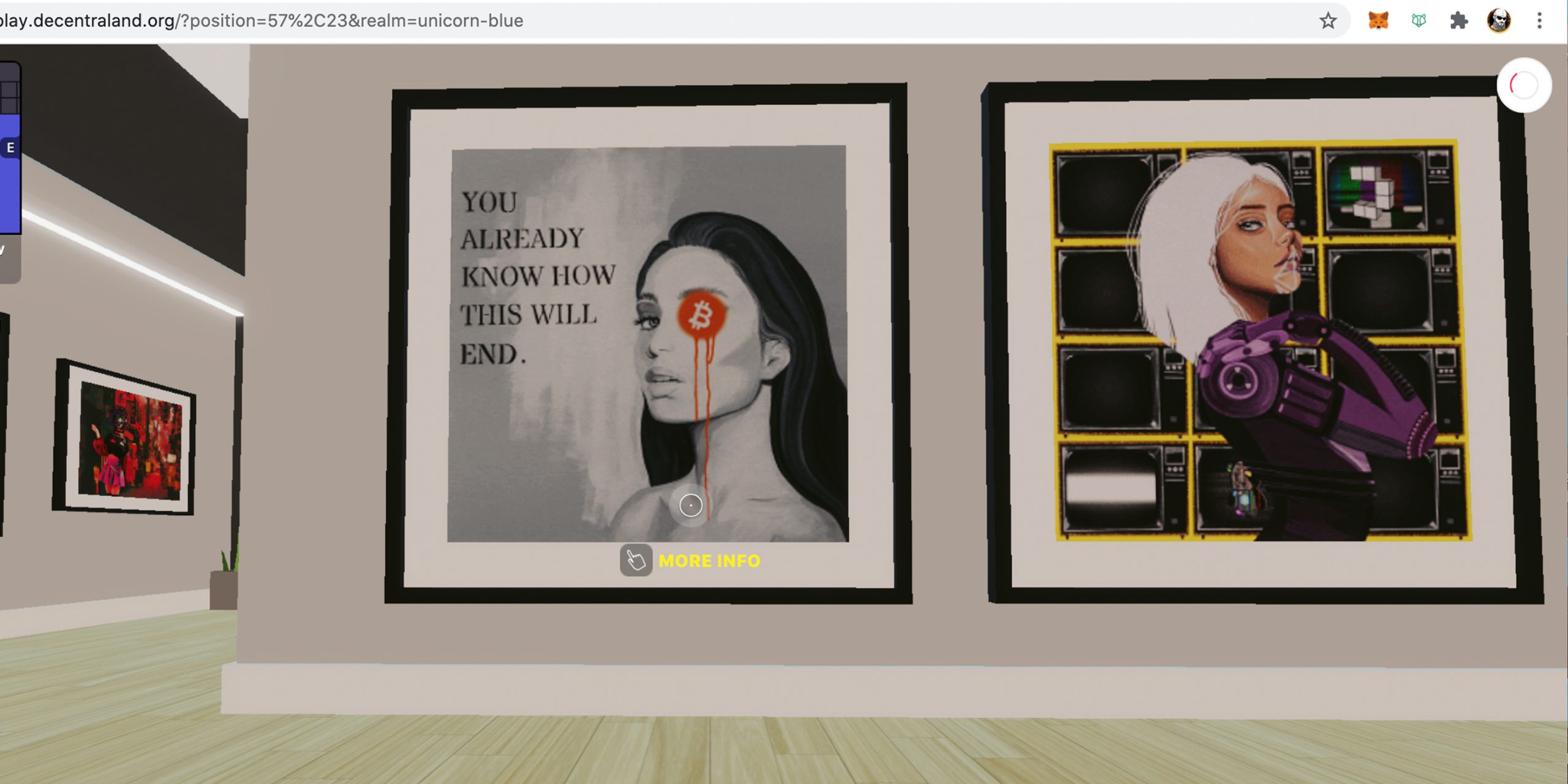
Lots of the NFT shops are all over Decentraland and some NFTs are for show, while others can be purchased by using MANA. For instance, the shop from the crew at Digitible offers a number of NFTs and Ross Ulbricht collectibles as well. The funds spent on Digitable-crafted Ross wearables go directly to the Ulbricht family.
Of course, my kids wanted to buy everything in the virtual world of Decentraland. But during the entire exploration period, the only thing I spent MANA on was my custom name and the fee to settle the contract. Users can purchase wearables at the Decentraland Marketplace as well which sells hats, hoodies, shoes, shirts, and land parcels as well.
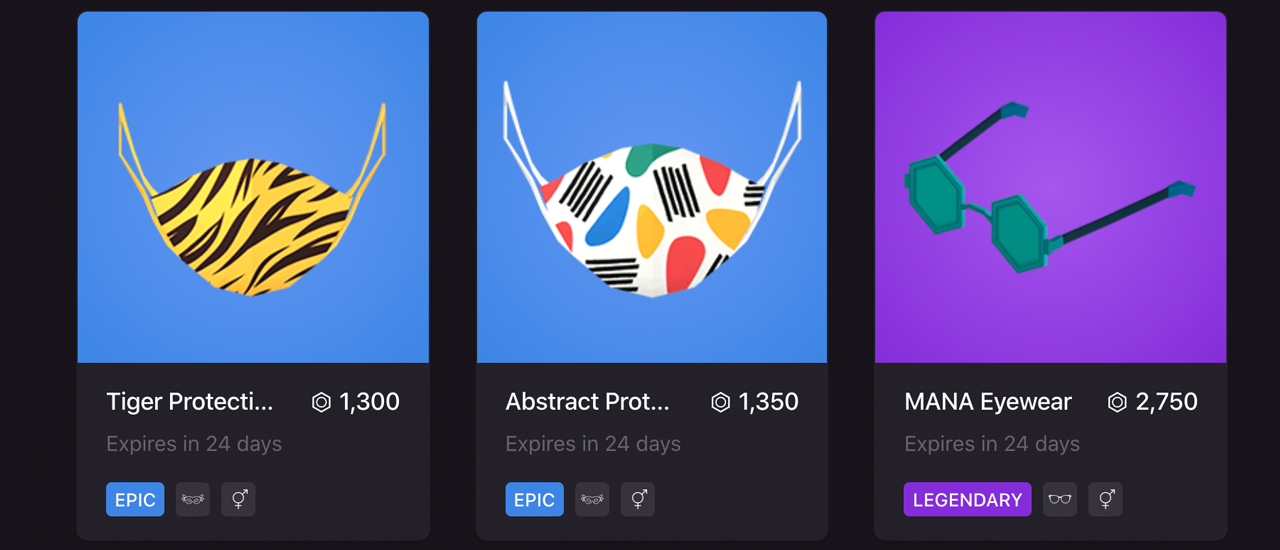
I found that everything in the entire marketplace was extremely expensive and I just couldn’t fathom paying hundreds of dollars worth of MANA on a virtual hoodie. This is another criticism my kids and I had with Decentraland, and we all thought the game would be far more enjoyable if NFT goods were cheaper.
Decentraland is massive, and in order to warp to other places in the virtual world simply press “M” on the keyboard. This loads the map and my son’s and I visited places like the Scifi Plaza, the Asian Plaza, Metazone Tower, Battle Racers, Crypto Valley, and the Crypto Valley Art Museum, the Museum District, Pixelchain, Bartertown, Decentraland University, and many more areas.
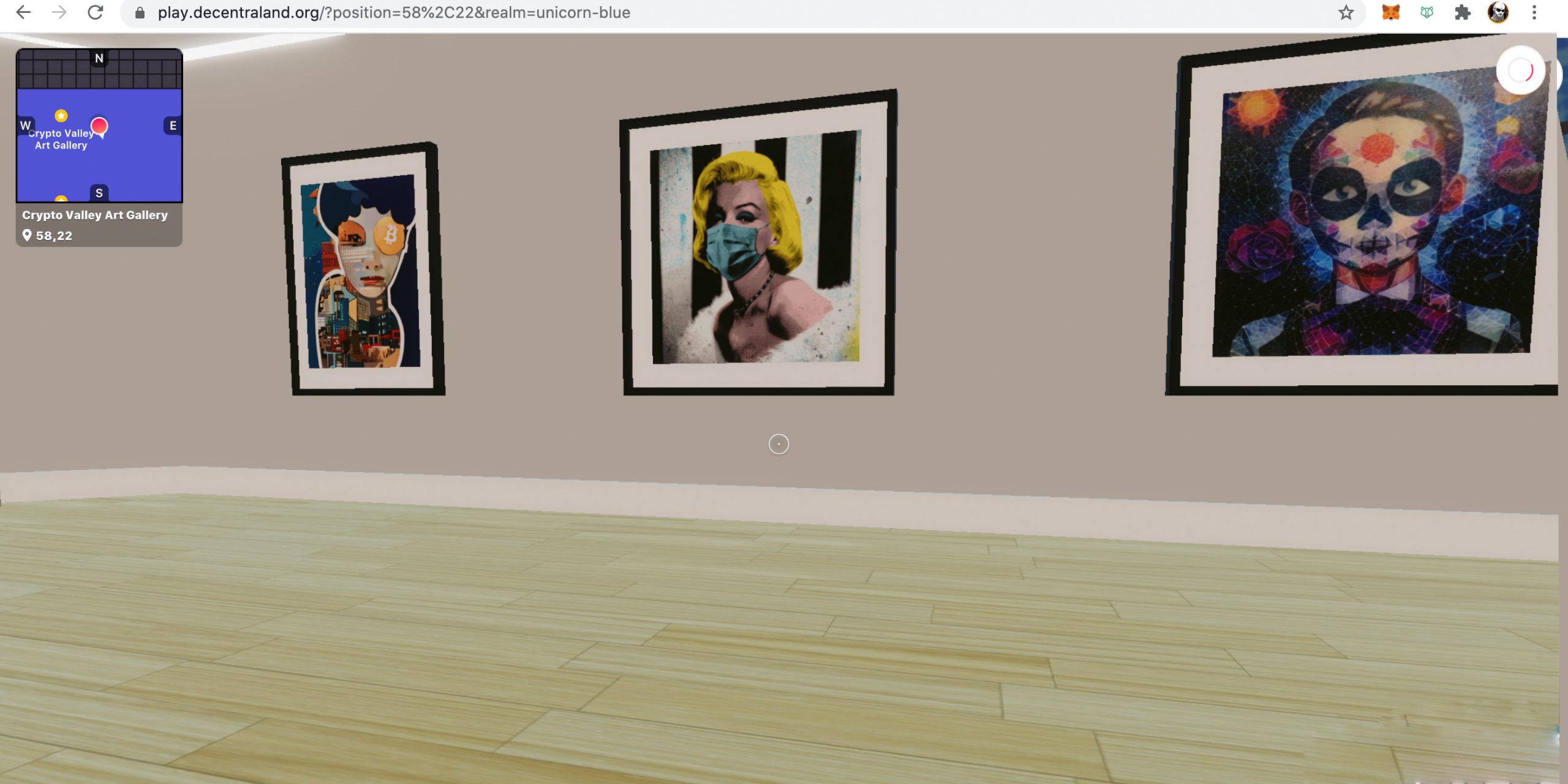
Over the course of two weeks, my sons and I still have not explored every crevice and plot in Decentraland. Joshua and Franklin enjoyed all the things that you could ride like the Ferris Wheel, race tracks, and the many obstacles throughout the metaverse.
My favorite place was the Crypto Valley Art Museum and the donut shop with two police cruisers sitting in front of the shop. My oldest son Joshua explores Decentraland on his own now too, as he downloaded Metamask on his own laptop and fires up the virtual world to explore.

Yesterday, he added me as a friend by simply searching my name “Jamiecrypto” and we both explored Decentraland together on separate computers. During the last few months, Decentraland explorers hold small community events and gatherings. A few days ago, comic book illustrator Jose Delbo answered questions about his digital artwork in Decentraland during an exhibition.
Joshua is ten so he enjoyed the program a lot more than his seven-year-old brother Franklin. Overall, we all thought the experience is enjoyable and it’s very cool to see a virtual world built on top of the Ethereum network. My two sons also enjoyed the fact that they used a Metamask wallet for interaction and how the ETH chain powers the entire world.
The only issue I had with the entire Decentraland experience was the high ETH gas fees, which are a problem for every defi application right now and the expensive gear. I think that people marketing virtual wearables should come down on their prices, but I can see that happening if Decentraland gathers more users.
What do you think about the Decentraland experience? Let us know in the comments below.
The post Exploring Decentraland: A Review of the Virtual World Built on Ethereum appeared first on Bitcoin News.